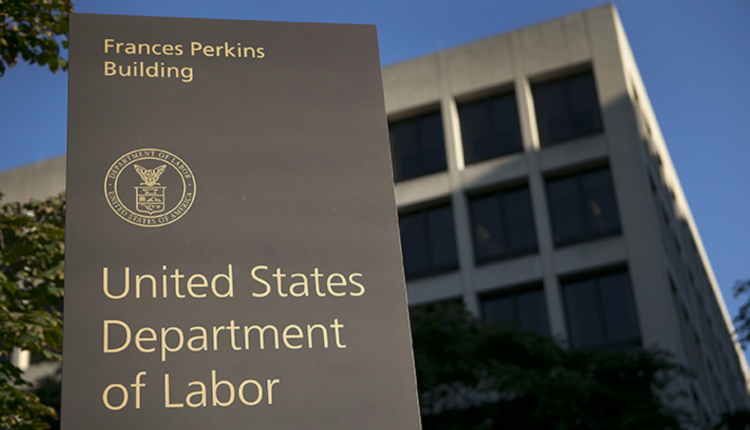
DOL Publishes Independent Contractor Proposed Rule
On October 13, 2022, the Department of Labor’s Wage and Hour Division (DOL) proposed a rule that would determine whether a worker is an independent contractor or an employee under the Fair Labor Standards Act (FLSA). Under the FLSA, companies are required to provide benefits such as minimum wage and overtime to employees, but not to independent contractors. To determine whether a worker is an employee or an independent contractor, the employer must analyze whether the worker is economically dependent on the employer for work or is in business for themselves.
The proposed rule would rescind a prior Trump administration rule, which adopted an economic reality test focused on two core factors – control and profit. DOL proposes an economic realities test that requires a totality-of-the-circumstances analysis of multiple factors.
Under this proposed rule, the six economic reality factors are:
- The opportunity for profit or loss depending on managerial skill.
- The investments by the worker and the employer.
- The degree of permanence of the work relationship.
- The nature and degree of employer control.
- The extent to which the work performed is an integral part of the employer’s business.
- The worker’s use of skill and initiative.
In its Initial Regulatory Flexibility Analysis, DOL estimates that millions of small businesses could hire and/or be independent contractors. DOL estimates compliance costs of under $25, which includes an estimate that it will take small businesses 15 to 30 minutes to read and understand the rule. Advocacy seeks feedback on the numbers of small businesses affected and the compliance costs of this rule, and any regulatory alternatives that would minimize the impact of this rulemaking.
Comments on this rule are due on December 13, 2022.
- Read and submit comments on the proposed rule in the Federal Register.
- Read the press release from DOL.
- Advocacy contact: Janis Reyes or (202) 798-5798.
